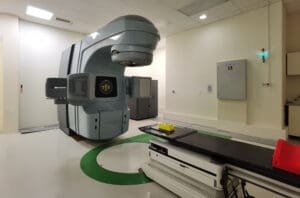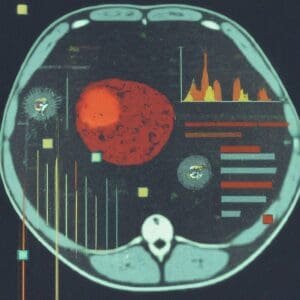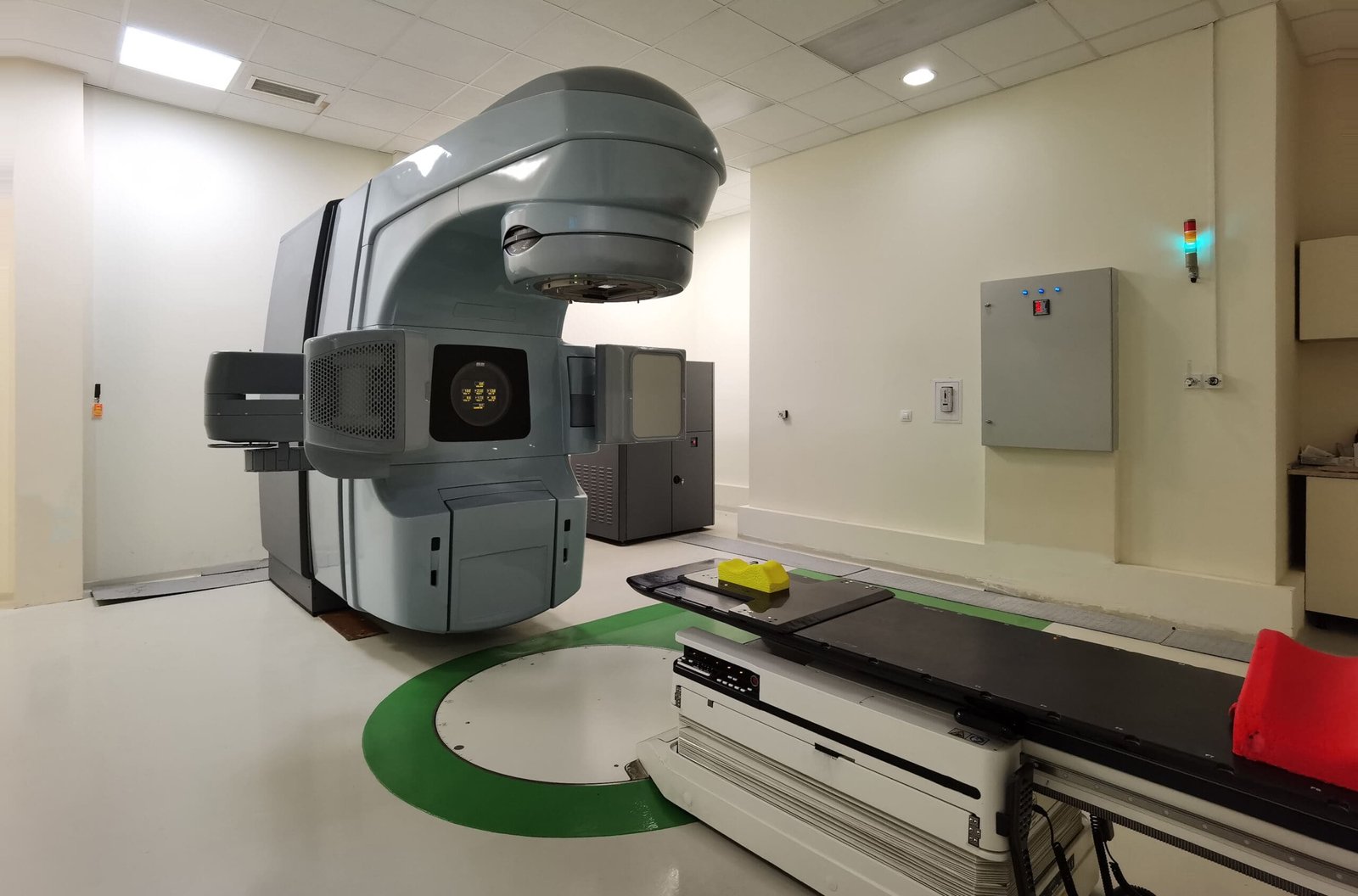The current patient journey for those receiving palliative radiotherapy involves an extra visit to the clinic wherein a dedicated “planning” CT scan is taken. This scan is used for creating a unique treatment plan for the patient, however, acquiring it increases the strain on the patient, their caretakers and healthcare workers. This added difficulty is especially pronounced in Western Australia, where a fifth of the population live outside of Greater Perth and so must travel vast distances for each visit to the clinic.
This research proposes an expedited approach wherein the diagnostic CT scan taken during the patient’s referral process is transformed by AI such that it resembles the planning CT scan that would otherwise be acquired (primarily by accounting for the difference in couch shape between scanners). By repurposing the diagnostic image in this way, the planning CT scan is effectively bypassed. For palliative radiotherapy patients, with a median life expectancy of 5.6 months, this generally halves the number of trips they must make to the clinic, as well as reducing the time until their debilitating symptoms can be addressed. This application of AI is a significant step in addressing the fact that, as of 2019, WA was the state with the second longest time until 90% of radiotherapy patients were treated of 34 days.






